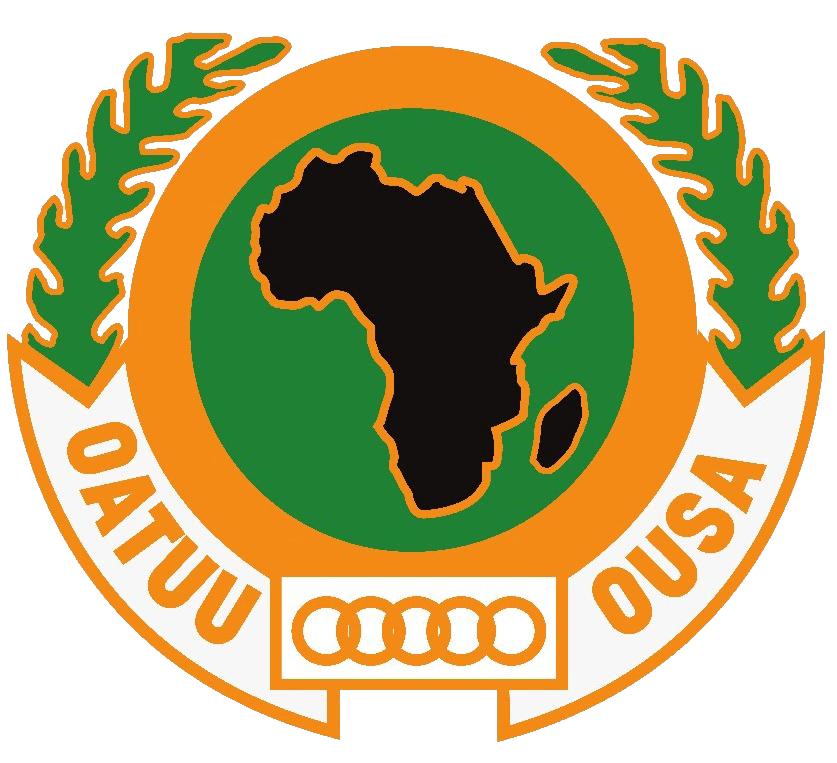Violation of fundamental labour and human rights.
The labour situation in Sudan is extremely worrying. The so-called Commission for the Dismantling of the 1989 Regime, the repressive social arm of the Sudanese transitional government, continues to act as it deems appropriate. With backing from the highest authorities of the country, the members of this commission enforce their own version of the law which determines the fate of thousands of workers and trade unionists. This has led to the dismissal of more than ten thousand workers and civil servants without following the appropriate legal procedure. The list will be long in the coming days.
The leaders of the Sudanese Workers’ Trade Union Federation (SWTUF) have not escaped this campaign of repression and purging. After officially declaring a ban on the SWTUF and the confiscation of all its assets in December 2019, the aforementioned commission is furiously attacking trade unionists. Many of them have lost their livelihoods and have been forced to resort to begging.
Recently, local branch of the Commission for the Dismantling of the 1989 Regime in the Province of Gezira dismissed all trade union leaders of this locality, south of Khartoum. The President of the SWTUF, and Vice President of the Organisation of African Trade Union Unity (OATUU) was among those affected.
A few days earlier, another group of workers belonging to the Sudanese Information Agency were subjected to the same fate. Brother Omar El-Bacha, a member of the SWTUF National Directorate and Deputy Secretary-General of the International Confederation of Arab Trade Unions (ICATU) was dismissed from his job immediately after his return from an ICATU Congress held in Hurghada, Egypt, at the end of August 2021.
Despite the complaint lodged at the International Labour Standards Department of the International Labour Organisation (ILO) and all the steps taken to pursue dialogue with the Government of Sudan, the latter to date, has not shown any signs of moving to rectify the situation in the country.
In conclusion, the transitional government of Sudan, taking into account its attitude, seems to be determined to continue implementing its repressive policy against trade unionists, while turning its back on international organisations and violating international conventions on labour and human rights.
The regional and international trade union movement must in this intolerable situation, redouble its efforts at solidarity in order to help our sisters and brothers, workers and trade unionists in Sudan who have been arbitrarily deprived of their rights.
